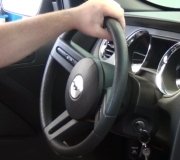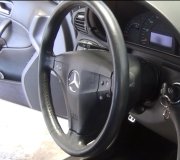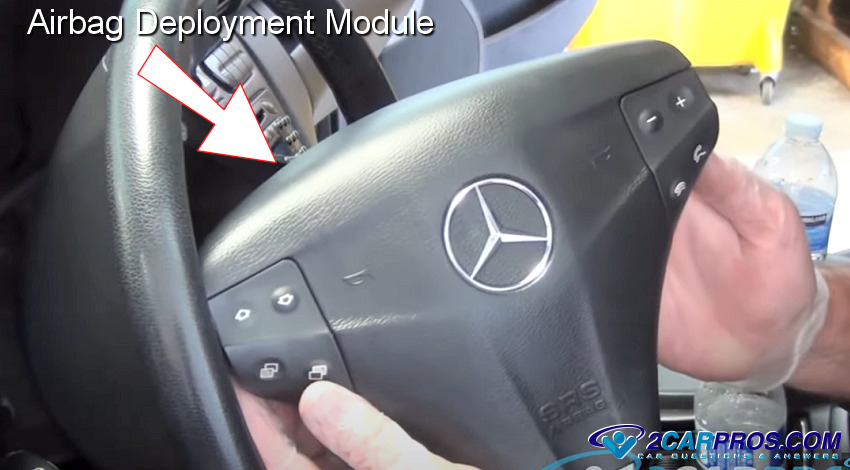Monday, June 6th, 2011 AT 6:36 PM
Acura RSX Type-S 2003. 3 years ago the brakes on my passenger right side were squealing loud. I replaced both front pads and noticed the old pads on that side were cracked (causing the squealing when braking). Within a week of replacing the pads, the squeal came back again and has been persistent for the last 2 years. It only starts to squeal after I've been driving around for a while and the car is "warm." It's a rotational squeal that is only heard when braking. So, recently, I replaced all brake pads and rotors on the car with aftermarket (brand new). Already, the same squeal is starting again (it's more subdued than it was before, but it occurs in the same way- it's a rotational "squeak. Squeak. Squeak" that happens after I've been driving around for a little while). I now also have a strong steering wheel vibration when I hit 35-40 MPH. I won't go on the highway because the shimmy "speeds up" - it's not more violent, just more frequent because I'm moving faster. I had all 4 tires replaced and balanced to no avail- it didn't help at all (I needed new tires anyway). There is no shimmy at low speeds or when braking, only at and after 35-40 MPH is it present. Called a Honda dealership today (no Acura dealership in town) and he's not sure what it could be; he said they'd recheck the balance, but ruled out warped rotors as it doesn't shimmy when braking. I have these two problems; rotational squealing when braking and now steering wheel shimmy at and above 40 MPH. Any ideas before I go have these guys look at it and diagnose it? My best guess is something in the suspension/wheel hub/wheel bearing. Please remember that the squeal has always existed since I bought the car and through 2 changes of brake pads and 1 change of rotors. The shimmy only began after replacing all rotors and pads.



